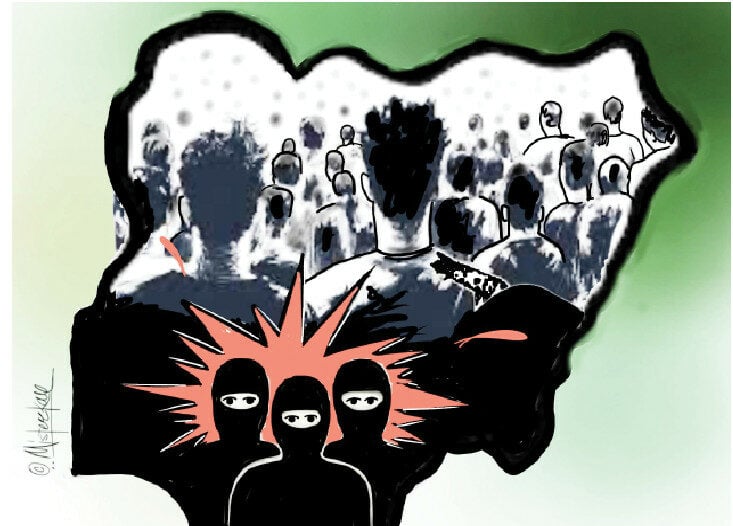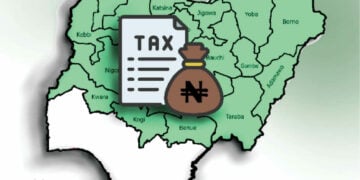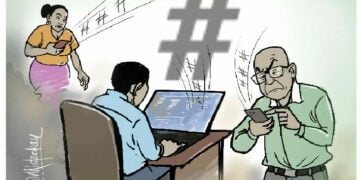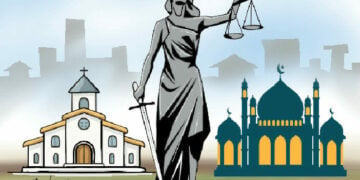Every year on 21 August, the world pauses to honour victims of terrorism. In Nigeria, that pause is never a simple act of remembrance. It is a reckoning—one that asks us to say the names we know, acknowledge the stories we have not heard, and refuse the comfort of forgetting. The dead and the living—widows and widowers, children who suddenly became heads of households, farmers too afraid to enter their fields, young women returning from abduction to a chorus of suspicion—are not statistics in a ledger. They are our neighbours. Any observance that does not place them at the centre becomes performance, not tribute. To remember in Nigeria is not merely to mourn the dead—it is to reckon with the living whose survival continues to be a struggle for dignity.
The Human Toll
The stories arrive in fragments that feel almost incompatible with ordinary life. They unfold across landscapes as different as the arid fields of Borno, the forests of Zamfara, and the farmlands of Benue. They reach into displacement camps and city markets, as well as into schools and places of worship. In Gwoza, a wedding became a site of coordinated suicide bombings; by nightfall, a hospital and a funeral were also attacked. At least eighteen people died—some reports suggest more than thirty—and among the wounded were children and pregnant women. In Katsina, a community security group returning from a condolence visit was ambushed; twenty-one of them were confirmed dead, even as rumours swelled the toll. In Benue’s Yelewata, a displacement camp was overrun in June; accounts put the number of the dead in triple digits, with thousands forced to flee again. There are older wounds too: farm workers massacred near Maiduguri, whole wards like Mafa set ablaze, families burying loved ones before help could arrive. These are not isolated events. They are chapters in a long, cruel book that communities have been compelled to read without consent.
When we speak of “victims,” we too easily default to those who died. But survivors carry an aftermath that resists tidy closure. Young boys pressed into insurgent ranks are left to wrestle with guilt, suspicion, and trauma even when rescued. Widows struggle to provide for children in IDP camps where rations are meagre, education is sporadic, and safety is never guaranteed. Girls and women abducted by insurgents return with trauma, with children, with the stigma of rumours that shadow their attempts to rebuild. Men who escaped with their lives live with untreated injuries, with night terrors, with the economic ruin of a burnt shop or a stolen herd. Children drift in and out of school because displacement has no respect for timetables. First responders and community guards, feted as heroes when they hold the line, are often left with little more than a burial fund when the line breaks.
Numbers can illuminate, but they can also mislead. Several trackers attempt to count the dead; their estimates differ, and some headline figures have been credibly disputed or withdrawn. What we can say with confidence is that displacement has run into the millions over the years and that lethality spikes in certain hotspots, especially where insurgency meets banditry and where farmer–herder tensions are inflamed by drought, arms flows, and weak local justice. Treating these numbers as precise does more harm than good. Treating them as a call to action may save lives.
Justice And Accountability
Action, however, must begin with clarity. Nigeria’s Chief of Defence Staff has said publicly that identifying and prosecuting terrorism financiers is ongoing, slowed by legal and cross-border complexities. That admission matters. It acknowledges what communities learned the hard way: violence requires supply. Motorcycles are bought, fuel is procured, SIM cards are replaced, cash is moved through informal couriers and seemingly legitimate businesses. The Nigerian Financial Intelligence Unit has reportedly advanced several cases, working in conjunction with the Attorney-General and the National Security Adviser. That is the right direction. Yet victims cannot live on “work in progress.” If remembrance is to mean anything, the financial pipes that feed atrocity must be traced, frozen, and forfeited—openly enough that the public can see the difference between rumours and results.
For years, we have relied on a familiar blend of troop deployments and community vigilance. Both have saved lives; neither is sufficient on its own. Community guards require training, insurance, and clear rules of engagement to prevent them from becoming targets without protection or morphing into militias without accountability. Security agencies must be closely aligned with financial-intelligence teams, so that a spike in attacks triggers not only patrols but also audits of cash hotspots, scrutiny of bulk phone purchases, and visits to real estate fronts whose ledgers never add up. Early-warning systems should be co-owned with communities, not parachuted in as gadgets with no maintenance plan. When we say, “civilian protection,” we must mean protected routes to farms and markets, escorted windows during planting and harvest, and safe transport corridors that align with curfews instead of colliding with them.
We also need to repair how we see and speak. Benue’s tragedy is often narrated through the language of identity; so too are killings in the Northwest and Northeast. Precision matters. There are attackers and victims across ethnic and religious lines; there are criminals and there are communities; there are grievances and there are atrocities. Collapsing these categories into easy labels invites reprisals, not solutions. On a day of remembrance, the most ethical storytelling is that which refuses to convert grief into a weapon.
What Government Can Do
The government can do several things quickly if it chooses to be measured by outcomes, rather than announcements. Victim support funds should be scaled up and ring-fenced for medical and psychosocial care, with mobile clinics reaching remote settlements and displacement camps. Compensation should not require documents that displaced people no longer have; case workers must go to survivors, not the other way round. Two or three “protected livelihood zones” can be piloted, where farming windows and market days are secured through predictable, escorted access—success measured not by ribbon-cutting but by the number of harvested hectares and market-day attendance. A public tracker should report terror-finance cases from investigation to conviction, alongside the values seized and the portion diverted—by law—to survivor services. These are not moonshots. They are the unglamorous work of a state that wishes to be believed.
The Sobering Truth
For Nigeria, the sobering truth is that terrorism has risen to challenge the state’s once-unchallenged grip on the monopoly of violence. Its weapon is not only the gun or the bomb, but the calculated disruption of order—an assault designed to jolt citizens out of the fragile comfort of everyday life. Terrorism thrives on chaos, and its victims are not statistics but men, women, and children whose lives are scarred in ways no displacement camp can ever fully describe. It is time for a national awakening—a recognition that terrorism must be remembered alongside wars and natural disasters as one of the gravest sources of human suffering in our land. The police, the armed forces, and every arm of the state must stand with the rest of the world in marking this day, not as a ritual but as a solemn act of solidarity.
A fitting memorial must rise, carved in stone and spirit, to honour those who were cut down or forever altered by these senseless acts. Their memory demands more than mourning; it calls for resolve. What Nigeria needs now is not only compassion for the wounded but an unyielding commitment to ending terrorism, so that the nation’s children can inherit a future no longer shadowed by fear.





